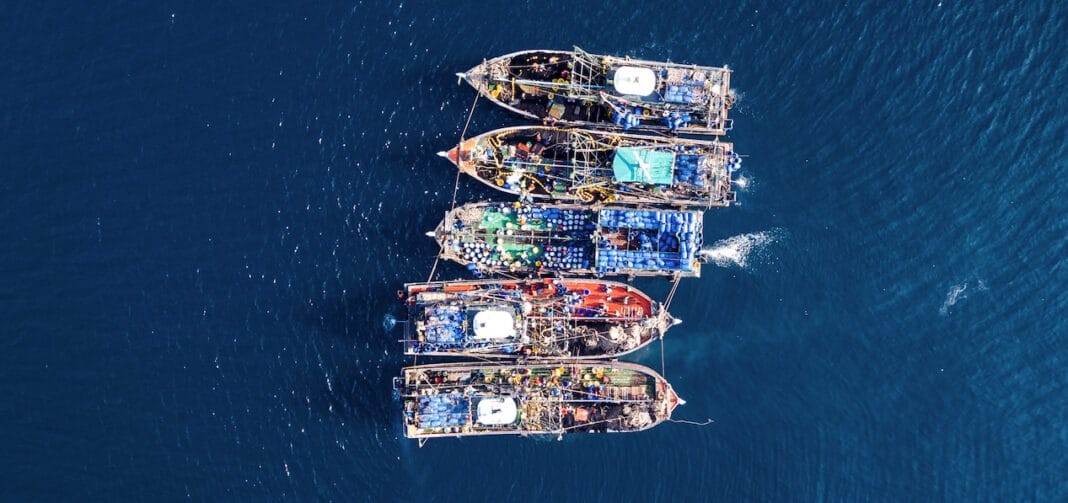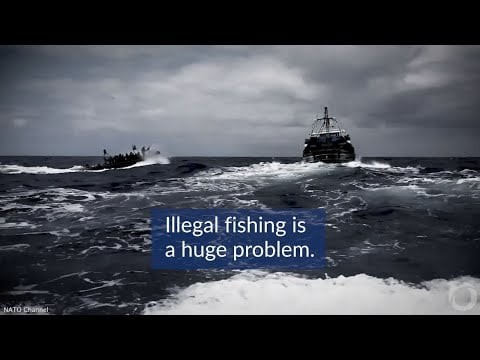Oceana released a new report this week showing that the illegal seafood trade, fueled in part by demand in the USA, is hurting local fishing communities around the world.
Oceana says this demonstrates the need to expand traceability and transparency requirements for all seafood imports. The USA is the world’s largest seafood importing country, yet around 60% of imported seafood products are not covered by the US Seafood Import Monitoring Program (SIMP), which requires catch documentation and traceability requirements for some imports. The program currently only applies to 13 species and species groups at risk of illegal, unreported, and unregulated (IUU) fishing and seafood fraud.
The USA imported an estimated $2.4 billion worth of seafood derived from IUU fishing in 2019 alone, according to Oceana. The country’s high demand for seafood combined with SIMP’s limitations allow seafood sourced from illegal activity to flood the U.S. market, driving economic and ecological loss around the world.
In the report, Oceana highlights four examples of seafood entering the USA that aren’t covered by SIMP and are potentially sourced from the illegal seafood trade, which threatens fishing communities and jeopardizes ocean health. Oceana wants US President Joe Biden to expand SIMP to include all imported seafood and implement traceability from net to plate.
According to Beth Lowell, acting vice president for the United States at Oceana:
“When Americans order calamari at a restaurant, they do not want a side of criminal activity to come with it. The reality is that imported seafood on Americans’ plates can originate from illegal fishing, crime, environmental destruction, and human rights abuses. Seafood that is fraudulently labeled or sourced from illegal, unreported, or unregulated fishing has no place in the United States. President Biden should ensure all seafood sold in the United States is safe, legally caught, responsibly sourced, and honestly labeled by expanding traceability of seafood and transparency at sea. By collecting the information about the origins of seafood we import, the government can more effectively screen imports and keep illicit products out of the U.S. market — and support legal fishers worldwide.”
Check out the full report here. There’s also an explainer video below.


